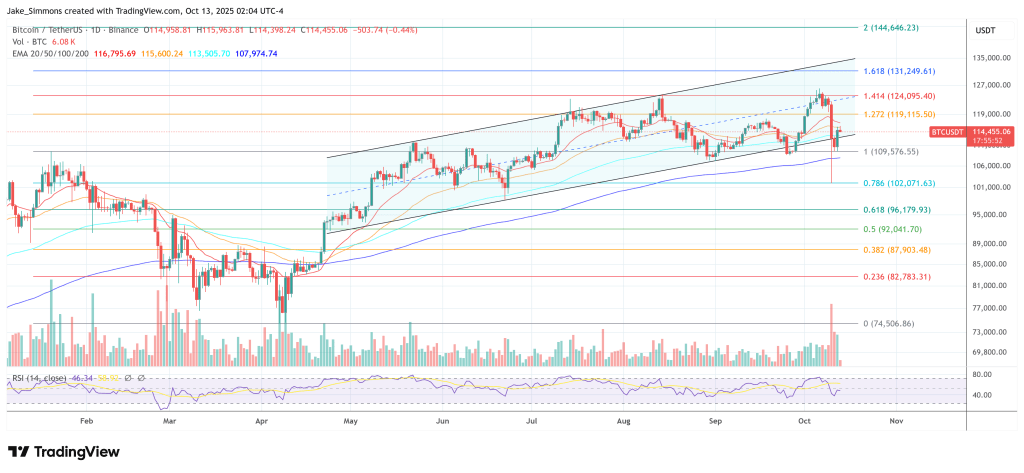
Bitcoin Core version 30.0 is now available, marking the project’s first major release since v29 and closing the book on legacy branches 27.x and older, which are now designated “End of Life.” The maintainers’ release notes state plainly: “With the release of this new major version, versions 27.x and older are at ‘End of Life’ and will no longer receive updates.” The new binaries and full notes are live on the project site, with the team also posting a brief launch confirmation on X.
Bitcoin Core V30 Is Here
The most disputed change in v30 is a policy update around OP_RETURN—the script path used for provably unspendable outputs that can carry arbitrary data. Bitcoin Core has raised the default -datacarriersize limit to 100,000 bytes and now permits multiple data-carrier (OP_RETURN) outputs in a single transaction for relay and mining. Crucially, node operators can still restore the previous behavior: “It can be overridden with -datacarriersize=83 to revert to the limit enforced in previous versions.” The aggregate size limit applies across all OP_RETURN outputs in a transaction.
That default increase—functionally “uncapping” data carrier size because the transaction-size ceiling will be encountered first—has kicked off a broader argument about what kinds of activity Bitcoin’s policy layer should favor or discourage. Developers and node operators who back the change frame it as neutral plumbing that preserves operator choice; critics warn it invites more non-monetary inscriptions and potential spam, raising storage and validation burdens for the average node.
Beyond OP_RETURN, v30 delivers a long list of network, wallet, and tooling updates. The P2P layer improves package relay so that common topologies like grandparent-parent-child or multi-parent-one-child can propagate more reliably when only one ancestor needs fee bumping. The transaction orphanage introduces stronger DoS limits based on total entries and weight across peers, replacing the now-retired -maxorphantx knob.
Miners gain an experimental IPC mining interface accessible through a new umbrella bitcoin command that also provides convenience aliases—“bitcoin node,” “bitcoin gui,” and “bitcoin rpc”—without deprecating existing binaries. External signing on Windows is re-enabled, and the coinstats index has been reworked to avoid an overflow bug seen on default Signet, requiring a one-time resync of that index.
Fee-policy defaults also shift. The minimum block feerate setting (-blockmintxfee) now defaults to 0.001 sat/vB, while both the minimum relay and incremental relay feerates default to 0.1 sat/vB. The notes stress that unless these lower defaults are broadly adopted, propagation and confirmation are not guaranteed; wallet feerates themselves are unchanged without explicit configuration.
The OP_RETURN policy change has quickly spilled beyond developer channels into Bitcoin’s public discourse, with long-time contributors and publication editors lining up on both sides. While Bitcoin Core 30.0’s larger data-carrier default and allowance for multiple OP_RETURN outputs are viewed by proponents as policy neutral and adjustable at the node level; detractors see a vector for abuse that blurs the network’s monetary focus which could even spark a hard fork.
At press time, BTC traded at $114,455.

Featured image created with DALL.E, chart from TradingView.com

Editorial Process for bitcoinist is centered on delivering thoroughly researched, accurate, and unbiased content. We uphold strict sourcing standards, and each page undergoes diligent review by our team of top technology experts and seasoned editors. This process ensures the integrity, relevance, and value of our content for our readers.




Leave a Comment